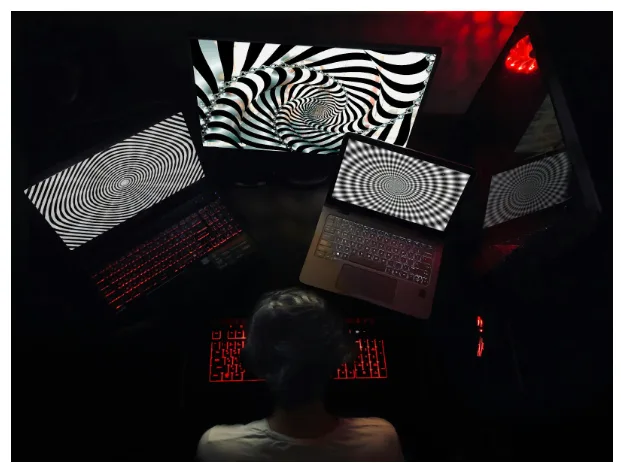The Future of Peacebuilding: Can Cyber Education Deter Digital Exploitation?

The lines between warzones and web servers are thinner than we like to admit. Today, conflict doesn’t just break out in the streets—it spreads through inboxes, apps, and shady Telegram channels. In many parts of the world, the internet has become another battlefield, and the casualties often aren’t visible until it’s too late.
That’s where cyber education enters the conversation—less as a luxury and more as a lifeline. Programs like Aikido academy are training the next wave of digital defenders, not just to work in tech but to recognize and stop online manipulation before it spirals into real-world harm. The idea isn’t complicated: teach people how the internet works, and they’ll stop being easy targets.
Exploitation Doesn’t Always Knock—Sometimes It DMs
You don’t need boots on the ground to destabilize a community anymore. All it takes is a fake profile, a few well-timed messages, and someone vulnerable enough to believe them. That’s what makes digital exploitation so dangerous. It’s silent. It’s fast. And in post-conflict zones or fragile democracies, it spreads like wildfire.
In places already struggling with limited infrastructure and broken trust in institutions, misinformation moves unchallenged. People don’t always know how to check if a source is real. They don’t recognize phishing emails or deepfakes. And when no one explains how digital systems work, it’s open season for malicious actors.
That’s why giving people access to quality cyber education isn’t a tech issue—it’s a peace issue.
Teaching Ethical Hacking Isn’t Radical. Ignoring It Is.
Here’s something most policymakers don’t say out loud: teaching people how to hack ethically is one of the most effective peace tools we have. The key word is ethically. You’re not training cybercriminals—you’re training watchdogs. And in unstable regions, watchdogs matter.
Take young people in areas recovering from war or political chaos. They’re often jobless, online, and angry. That makes them prime targets for extremist recruiters or cyber gangs. But if you hand them tools like those offered by aikido academy—structured, ethical, and accessible learning on cybersecurity—they learn to build instead of break.
They get job-ready. They get self-aware. And most importantly, they stop being pawns in someone else’s game.
Radicalization Isn’t Just About Belief—It’s About Boredom
People like to talk about ideology when it comes to online radicalization, but that’s not the whole story. The pipeline starts with boredom, isolation, and not knowing any better. A teenager scrolling on a cracked phone in a refugee camp isn’t looking for trouble—but if trouble finds him first, what happens next depends entirely on what else he has access to.
If all he knows is what Facebook and YouTube show him, he’s not in control. But if someone taught him how algorithms work, how to fact-check, or how to trace a source—he’s got a fighting chance. That’s what early-stage cyber literacy does. It gives people the language to push back.
And that matters in communities where silence has always been the safer choice.
The Global South Can’t Keep Playing Catch-Up
Let’s not pretend this is a global problem being tackled equally. In many low-income regions, cyber education barely exists. Even where mobile penetration is high, actual tech literacy is painfully low. People can use WhatsApp, sure. But ask them about data privacy or end-to-end encryption, and you’ll get blank stares.
This gap isn’t just a nuisance. It’s a security threat. NGOs and development agencies handing out devices without teaching people how to protect themselves are unintentionally putting them in harm’s way. Peacebuilding programs that ignore the digital layer of conflict are missing half the picture.
That’s why platforms like aikido academy—offering open-access, ethical tech training—are more than just useful. They’re necessary. Because the next cyber attack won’t target a government. It’ll target a girl in a village who just got her first smartphone and doesn’t know what a scam link looks like.
Peace Needs More Than Good Intentions—It Needs Firewalls
Cyber peacebuilding isn’t about locking down the internet. It’s about unlocking understanding. It’s making sure that the same tools used to divide people—misinformation, data leaks, blackmail—can also be used to protect and unite them, if we train the right people in the right way.
We talk a lot about resilience, but here’s the truth: you can’t be resilient if you don’t even know what’s hitting you. Peace won’t come from more declarations. It’ll come from more awareness. From more access. From more ordinary people who know how to spot manipulation before it infects their communities.
The digital world isn’t going to get safer on its own. It’ll take proactive, grounded solutions—ones that meet people where they are, not where we wish they were. Cyber education isn’t just part of the peace process anymore. It is the peace process.
